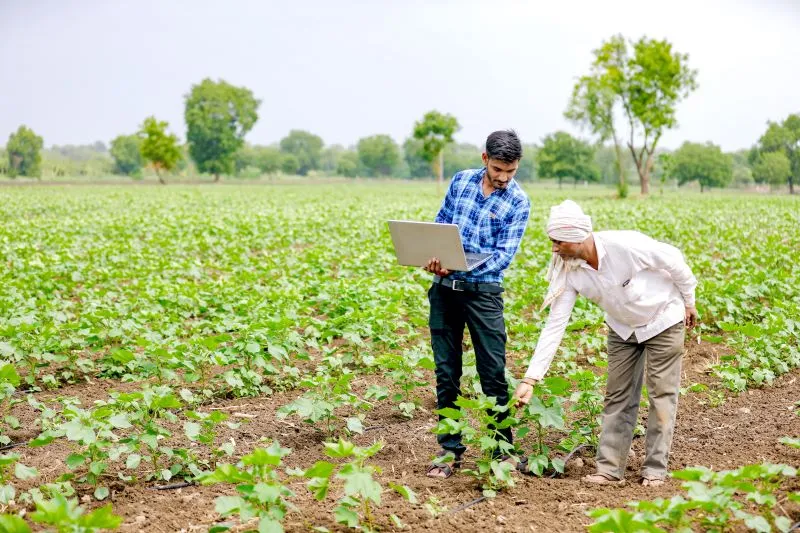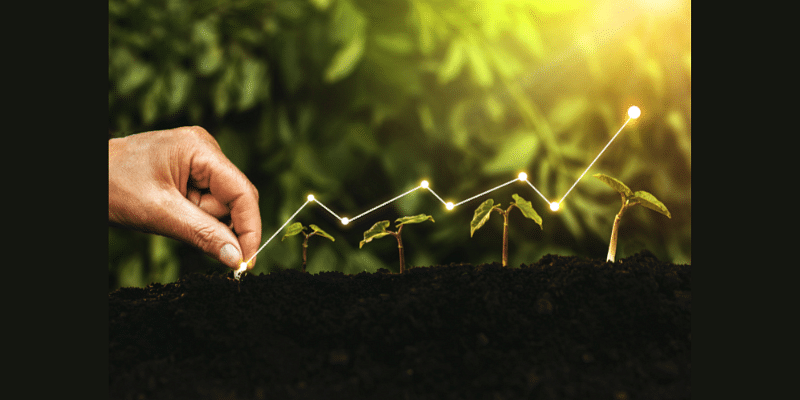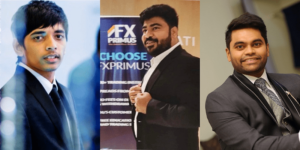Excerpts from the interview:
YourStory [YS]: Why is the course called Food Systems Live?
Srujith Lingala [SL]: We live in a world ravaged by climate emergency, pandemic and war. The supply chains that bring food from farms to our table are crumbling down. We need urgent, immediate, and disruptive action. We, at Sight and Life (SAL), believe that the fastest, yet most sustainable way to create that change at scale is to empower changemakers to create local solutions.
Harvard University offered a very popular entrepreneurship course last year that catered mostly towards Africa, called Africa Live! This year we teamed up with them to tweak that course for food systems. In the end, the goal behind all our efforts and projects is to reduce food insecurity in the world.
YS: Tell us more about the course.
SL: Food Systems Live! Entrepreneurship in Emerging Economies is a nine-week course that aims to create a pipeline of food system changemakers in emerging economies such as India and sub-Saharan African nations. This course is for future-minded individuals who are locally rooted, globally connected, and want to challenge the status-quo in their communities. Following the success of Africa Live! in 2021 that trained 750 participants on how to build an innovative profitable business, Food Systems Live! will deliver impactful learning in a mixed format – online lectures and course materials paired with weekly virtual live sessions with the program faculty.
The course is open to anyone interested in learning what is missing in their markets, have the ideas on how to fix that, and then how to turn that idea into a business venture. We are hoping that at the end of nine weeks, the participants will be trained and inspired to become leading entrepreneurs in food systems in emerging economies across the world.

The course begins January 23, 2023, and in order to enroll,
YS: Why is there such an emphasis on food systems?
SL: Food systems in nations with emerging economies are complex, often not streamlined nor efficient, creating a spiraling negative effect that impacts the economy, environment as well as citizens poorly. There is a need to create pathbreaking, future-thinking global leaders who will create sustainable and efficient systems for agricultural practices, yields, packing, storing, supply chains, and generate employment and bolster livelihoods in emerging markets. Through this course we aim to enable participants to identify points of opportunity for smart entrepreneurial efforts to disrupt the status quo and make a lasting difference.
YS: Is anyone eligible to apply?
SL: Yes, they are, but I would say this course is more suited to people who are motivated to solve real world issues of hunger and malnutrition. We at SAL certainly hope these entrepreneurs are going to come out of the course and apply their learning in improving the broken links across food systems in emerging economies. Local entrepreneurship is the need of the hour as business as usual is not working anymore. The live group discussions will be geared towards innovations and opportunities in agriculture/food systems and will especially benefit young, aspiring and established entrepreneurs from the nutrition, food, agriculture and health sectors focussed on climate-friendly foods, supply chains, and other sustainable innovations.
YS: In a world full of free courses, why are you hopeful of people signing up for this course?
SL: Well, they do say, when something is for free, you are the product, not the recipient, don’t they? Jokes apart, the fee for this course is very nominal, especially keeping the emerging economies in mind, and the learning is substantial. Young and aspiring entrepreneurs can benefit from this course as Harvard Business School faculty, Professor Tarun Khanna, Caroline Elkins and Karim Lakhani train them to assess new business opportunities, harness innovation, and support investors or partners towards sustainable business models.
I don’t think the fee of Rs 20,000 is going to be a deterrent for anyone who is serious about making a change, especially when they see the faculty line up, course structure, prize money and seed grants amounting to Rs 20 lakh. However, if anyone is struggling to come up with that fee, SAL is offering scholarships – aspiring participants will have to submit their ideas and after a thorough evaluation, we are able to offer a limited number of scholarships. Participants can apply here: https://hbx.az1.qualtrics.com/jfe/form/SV_1zup98ORTYiF71Q

USP of Food Systems Live!
Upon completion of the course, every participant will receive a certificate from Harvard University, and a chance to win a seed grant of up to Rs 20 lakh from Sight and Life as an investment into their ideas. In moderated social channels set up specially for the course, participants will also get to engage with not only each other but also the professors, building a unique global network of like-minded individuals.
For more information, write to foodsystemslive@sightandlife.org
*Srujith Lingala advances social business models in emerging economies.




![Read more about the article [Funding alert] Hiver raises $4 Mn debt from Mars Growth Capital](https://blog.digitalsevaa.com/wp-content/uploads/2021/02/funding1-1613127711501-300x150.png)





